DailyDogo 352 🐶
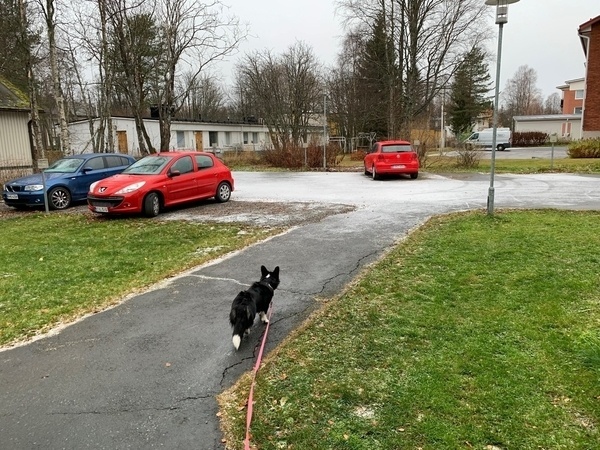
DailyDogo 352 🐶

DailyDogo 351 🐶

DailyDogo 350 🐶
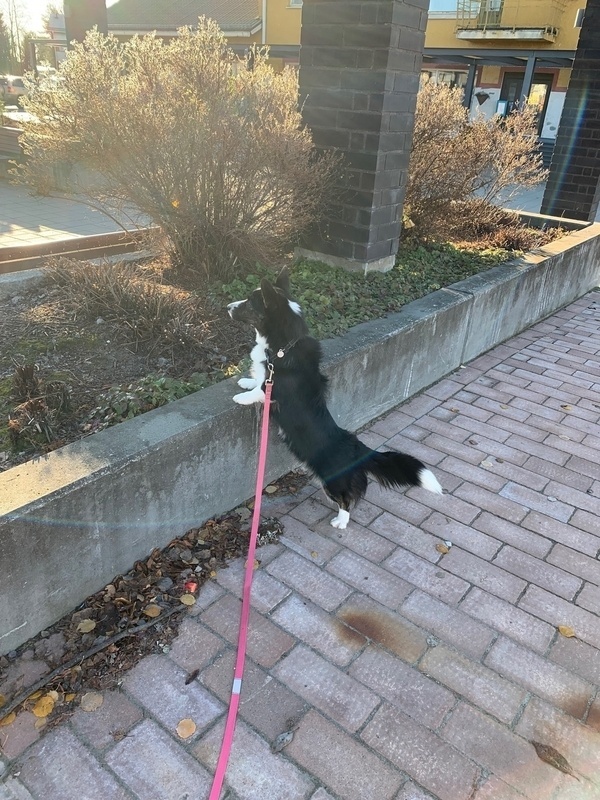
DailyDogo 349 🐶
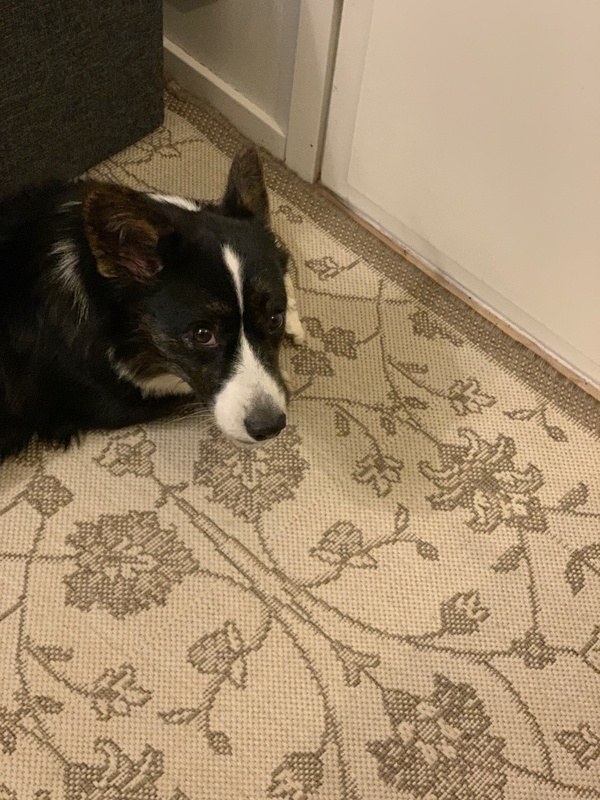
DailyDogo 348 🐶

DailyDogo 347 🐶
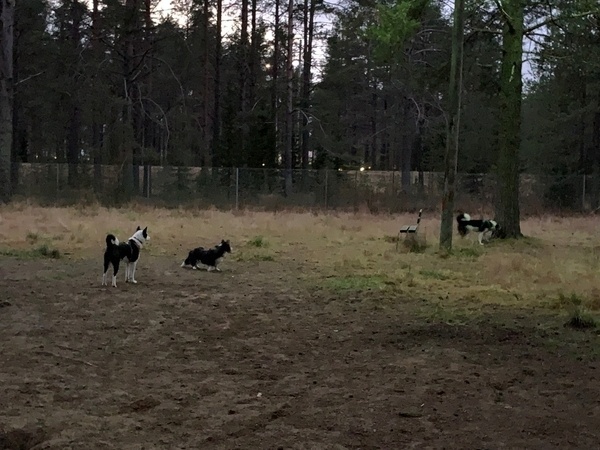
I had a fantastic day at work today. I guess I love programming? Found a way better solution to a problem I had hit my head against for a couple of weeks. The new solution (which I found while enjoying sitting in the sauna) requires less code, is also conceptually easier to understand and can be reused and adapted in the future if needed.
DailyDogo 346 🐶
DailyDogo 345 🐶
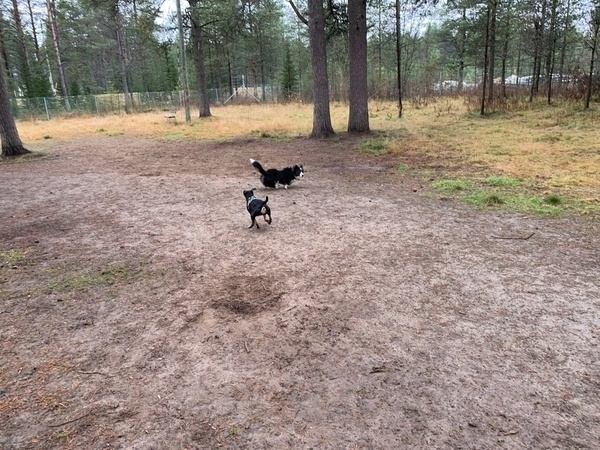
DailyDogo 344 🐶

A good indicator of expertise (in my case) seems to be if and what I’m willing to promise to deliver. Am I willing to do so with ease and confidence? Are there a lot of „ifs“ involved? Do I ask for an authority (like an architect or product manager) to carry (part of) the responsibility?
DailyDogo 343 🐶
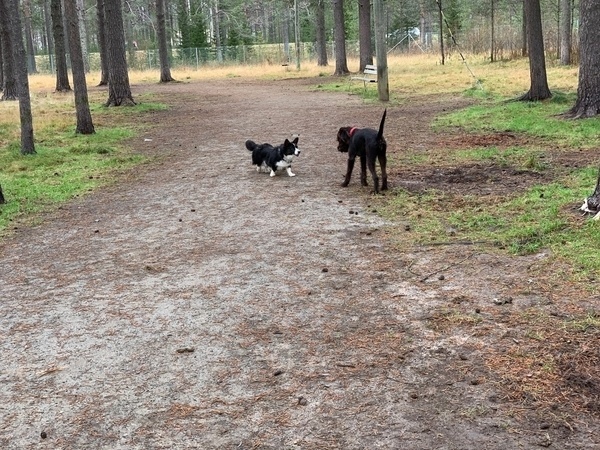
DailyDogo 342 🐶

DailyDogo 341 🐶

DailyDogo 340 🐶

DailyDogo 339 🐶

Are there any non-clickbait-y games news sites?
DailyDogo 338 🐶

DailyDogo 337 🐶

I think this is an incredibly well done piece of product communication. When I’m a grown up, I would want to work in a team like the one that works on vs code: github.com/microsoft…
DailyDogo 336 🐶

DailyDogo 335 🐶

DailyDogo 334 🐶

DailyDogo 333 🐶

DailyDogo 332 🐶
